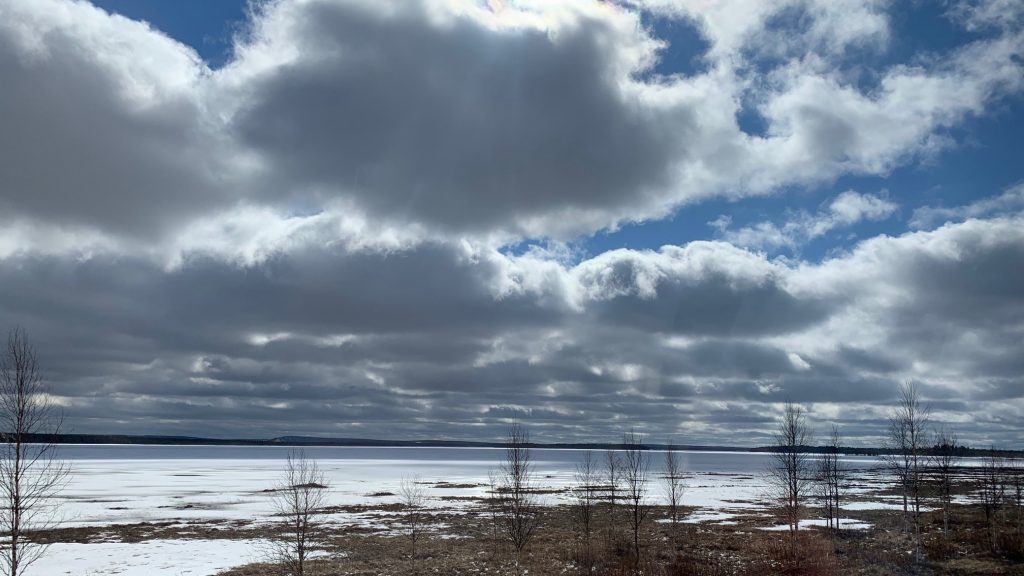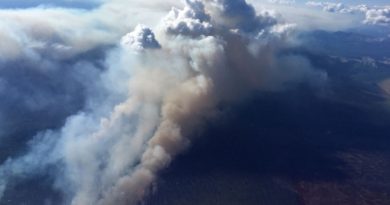Lapland shivers while south warms in a January of extremes for Finland

January brought a stark contrast in weather across Finland, with Lapland experiencing some of the coldest temperatures while the South remained unseasonably mild, the Finnish Meteorological Institute (FMI) said.
The lowest temperature of the month came from Tulppio, Savukoski, where temperatures dropped to -38.9°C on Jan. 8.
In northern Lapland, average temperatures were around -14 C.
Meanwhile, southern Finland saw much milder conditions, with temperatures averaging up to 3.5 C higher than usual for January.
Around mid-month, the föhn wind swept through Finland, leading several FMI observation stations to record unseasonable mild temperatures.
Föhn winds occur when wind hits the side of a mountain range, rises, and then descends on the opposite side, warming up and becoming drier as it does so. This can cause rapid temperature spikes, as Finland experienced in mid-January.
The warmest day of the month was Jan. 17, when Kristiinankaupunki’s Majakka station recorded 9.5 C, one of the warmest January days ever recorded in Finland.
Snow depth slightly above normal in Lapland
Rainfall for the month was mostly in line with usual levels. Rankki, Kotka, saw the highest amount with 78.5 mm, while Kevo, Utsjoki, recorded the lowest at 23.3 mm.
Snow coverage was another variable that differed all over the country.
By the end of January, some southern and western coastal areas were completely snow-free, while inland regions ranged from 10 cm in the south and west to 98 cm in Kilpisjärvi. Snow levels in southern and central Finland, as well as northern Ostrobothnia, were 10 to 25 cm below normal.
Meanwhile, Lapland’s snow depth remained as expected, with some areas even slightly above average, the FMI said.
Comments, tips or story ideas? Contact Eilís at eilis.quinn(at)cbc.ca
Related stories from around the North:
Arctic: Warming climate changing CO2 balance in northern ecosystems: study, Eye on the Arctic
Canada: Makivvik launches climate adaptation strategy for Nunavik, Eye on the Arctic
Finland: Finland sees “exceptionally warm” July as global temperatures hit record highs, Yle News
Greenland: Climate shrinking glaciers faster than ever, with 6.5 trillion tonnes lost since 2000, Eye on the Arctic
Norway: Longyearbyen sees first time ever above 20°C in August, The Independent Barents Observer
Sweden: Another year of shrinking glaciers predicted in Sweden’s Far North, CBC News
United States: Alaska’s North Slope sees record-breaking heat, among state’s other climate oddities, Alaska Public Media




very nice article